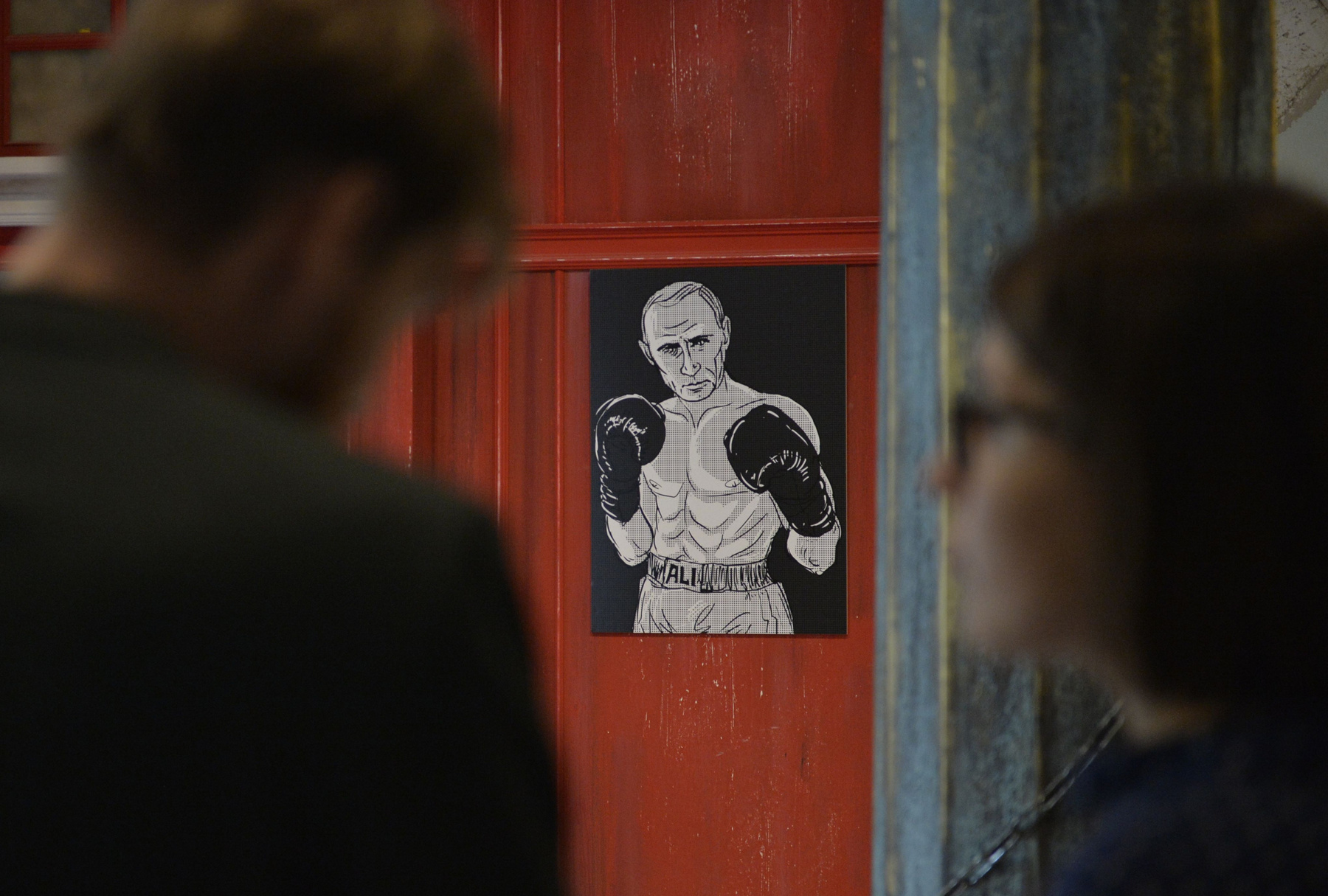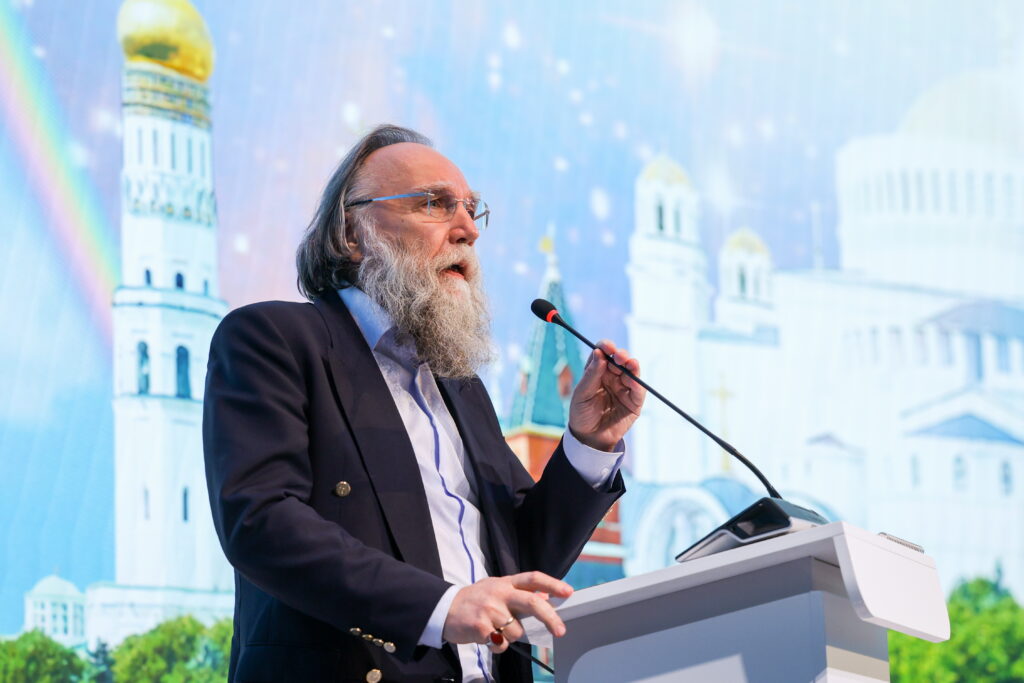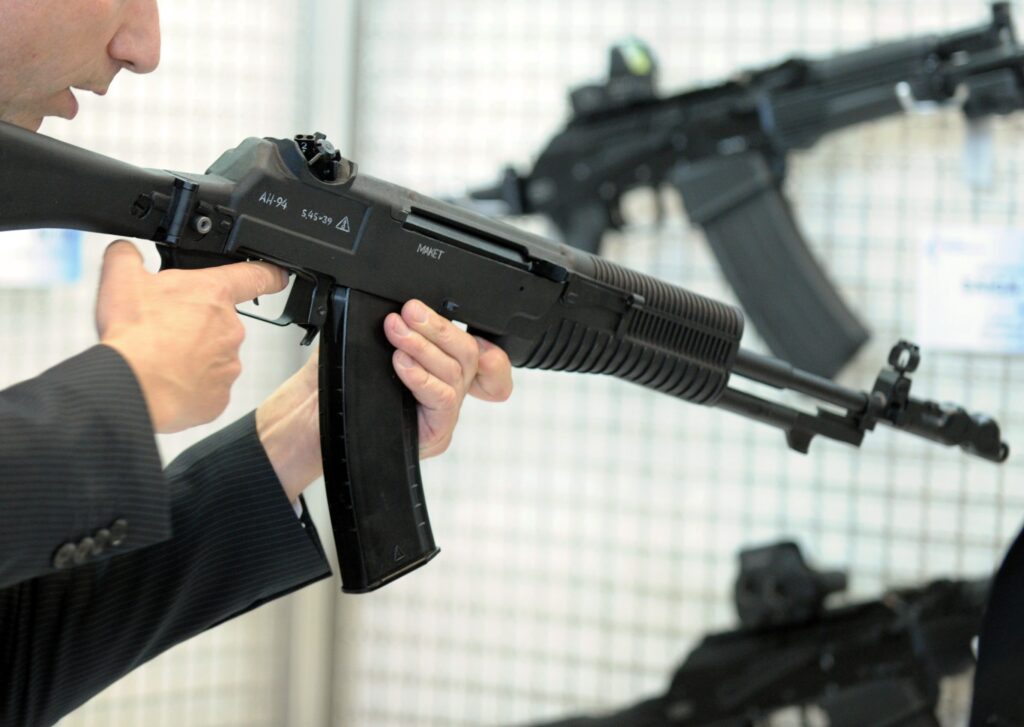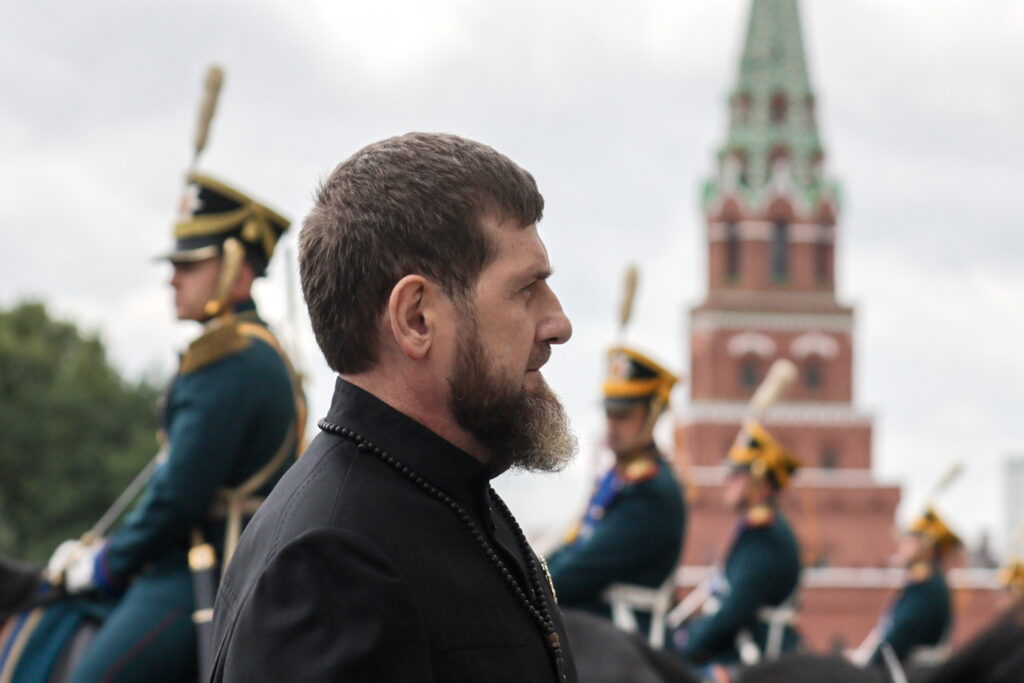A popular cutting joke — particularly a political one — can be an excellent litmus test for public attitudes. For researchers of folklore (including digital folklore), cultural studies scholars, anthropologists, and linguists, this has long been a truism. Today, the scope for making one’s opinion heard and broadcasting beliefs is wider than ever before — internet memes, for example, have become an important tool for political expression.
The term «meme» was first used by Richard Dawkins in his work «The Selfish Gene.» He defines them as small units of culture prone to replication (or viral self-reproduction), ranging from anything to a popular melody to a style of constructing arches. At the same time, seldom has any scientific concept evoked such wildly divergent opinions and been subject to such conflicting assessments as memetic — ranging from unbridled enthusiasm to complete dismissal. The surge of interest in the area is characteristic of the 1990s. By the start of the 21st century, the field had been subject to much criticism, scientific journals devoted to the field had been disbanded, and there was widespread disillusionment with memetics as an independent field of academic inquiry.
However, the pendulum swung back when Dawkins’ concept regained relevance in referring to a new media phenomenon: the internet meme in its many guises (not only a catchphrase or figure of speech, but demotivators, photoshopped images, collages, gifs, and hashtags, among others). Today, it can be safely said that memes and their creators are completely indifferent to what erudite scientists make of them, or whether they recognise the phenomenal cultural influence of the meme or not. In everyday communications, memes have long since become the most important tool of interpersonal and group interaction. It’s not for nothing that Limor Shifman claimed that «the concept [of memes], once kicked out the door by many academics, coming back through the Windows (and other operating systems) of Internet users.»
Today internet memes are defined by various authors as a post-folkloric phenomenon and an artefact of digital culture; as ironic, comic statements which become widespread online, and as small pieces of information which gain traction and are widely reproduced across the internet over a variety of new contexts and situations. It is interesting scholars of modern communications have ceased to consider internet memes simply as entertainment or an outlet for sarcastic banter, but as a form of political participation in its own right. They now regard internet memes as conductors of political moods, values, and ideas — a tool for forging collective identities and means for commenting on the news agenda of the day.
Accordingly, many scientific papers have appeared which analyse the «meme» attributes of the popular image of modern political leaders, as well as the influence of «meme content» on the perception of political parties. A variety of media sources now offer their readers entire collections of memes on selected topics. This is understandable given that the number of social media network users is rising worldwide. Furthermore, many young people increasingly learn about presidential candidates in their countries exclusively from memes.
Russia has not been immune from this trend — and one of the most prominent figures in the Russian «memosphere» is President Vladimir Putin. This is due to the importance of the posts he holds and his long tenure in the political arena. In the eyes of many of his compatriots, Putin has come to personify the image of state power. Over the course of his rule, Putin’s «meme image» has undergone considerable changes, the dynamics of which are particularly revealing to the attentive observer.
The first facet of Putin’s public image which resonated internationally was his portrayal as an «action man,» captivating popular imagination with his supposed ability to conquer the skies above and the deep seas below, his ability to pacify wild animals and subjugate his rivals in sports. He flew with Siberian cranes, retrieved ancient amphorae from the bottom of the Black Sea, and entered tigers’ cages. Despite the calculated and over the top extravagance of these «adventures» — not to mention the obvious public relations agenda they served — the sarcastic memes about them which circulated at the time nevertheless contained a touch of admiration for a younger and athletic politician. Memes are nearly always designed to mock and usually attack, rather than defend, their object. But in a country exhausted with the weakness of successive geriatric politicians, the population was willing to overlook some of Putin’s blunders and celebrate the toughness he projected. Many of the photoshoots which became so prominent in the media and popular culture — such as a shirtless Putin on horseback or at the helm of a fighter jet — came to serve as templates for visual memes. In these, Putin was no longer sitting on a horse but was atop a bear, or channeled the mysterious image of Agent 007 in sunglasses. These memes not only used irony to subvert the consistently positive image of the president pushed by official propaganda, but in a sense even burnished his image as a strong-willed politician embodying masculine virtues. At the same time, other «utterances» in which Putin embodied these same values — such as his curt and cynical answer to a journalist’s question about what happened during the Kursk submarine disaster («it sank») — did not go down so well, and have not yet been forgiven. This phrase alone became an aggressive meme in its own right, invoked by critical internet users as a quintessential example of Putin’s character.
These developments compelled me to devote a book to the subject of political communications, or rather how rhetorical practices and cultural archetypes coalesced into images of the «father of the nation» and «heroic ruler.» To some extent, Putin thereby succeeded in trying to «please» mass consciousness, and his attempts were inevitably reflected in new memes. Naturally, critically minded Russians — who are not a small percentage of the population — intuitively understood the forced nature of viral messages and symbols associated with Putin’s image. But on the whole, alongside its critical and oppositional memes, the «collective unconscious» of the RuNet produced content which turned out to be quite loyal to the Russian authorities.
Over time, memes about Putin’s public image started to accrue other features. This process has become particularly noticeable in recent years. For example, in 2017−18, RuNet users’ interest in Putin was provoked not only by his daily activities as head of state, but also by his participation in the forthcoming presidential election. Users online reacted with memes at all stages of Putin’s reelection campaign (from his announcement that he had decided to run for president up until his inauguration for the role). They disseminated two related «memetic messages»: that there is no alternative to Putin’s presidency, and that it has been impossible to remove him from power for years. The clear irritation shown by many RuNet users at the former (combined with Putin’s clear status as «first among equals» during the election campaign) was reflected in memes which circulated about the ballot paper distributed by the Central Electoral Commission in February 2018. The document was notable because, unlike other candidates, no detailed information (place of work, biography and so on) was provided next to Putin’s surname. This led some users to fill in these details themselves, with a few choice phrases such as, «cool dudes don’t need extra words,» «a Tsar, simply a Tsar», and «you idiot, don’t you understand where to put the cross?» When it comes to the second message — that Putin is essentially irremovable as president — a particularly viral meme was a picture from 09/05/2018 with the slogan «for everybody who missed the inauguration of Russian President Vladimir Putin: don’t be disheartened, come and see it next time.» Another famous example is a demotivator from late March 2018, based on a well known scene from the 1988 film Heart of a Dog (the film, based on Mikhail Bulgakov’s novella, has become the template for many memes.) The hero, Professor Filipp Preobrazhensky, cradles his forehead in his hand in exasperation as Sharikov tells him: «It’s great that Putin won again. He’ll restore order, and then in 18 years the country will be a corrupt mess again.» And, of course, doubts about the fair conduct of the presidential elections have not abated — one viral image shared on VKontakte on election day (18/03/2018) shows the results of the vote as a pie chart, divided into two halves: one is labelled «voted for Putin», the other is labelled «voted for Putin, but just doesn’t know it yet.» An hour after it had been posted, the image had received 3,060 likes.
However, Putin’s persona attracts the attention of Russian internet users in other contexts, too. Memes often «sprout» as a result of quite ordinary or even seemingly random events in the president’s personal and political life. For example, Putin became the key figure in many memes about the 2018 World Cup. When rain thundered down on the award ceremony in Moscow, only the Russian president was kept dry with an umbrella — in contrast to the leaders of Croatia, France, and several other countries who were standing nearby. The documentary clips of the event became viral in their own right, and then quickly became the subjects of photoshop jobs (that is, when memes modify the photo and add certain details for comic effect). This incident became the subject of several memetic messages, one of which lamented Putin’s perceived lack of chivalry.
Alongside high-profile political events, another common basis for memes about Putin are his speeches. A lot of jokes on the RuNet, for example, were provoked by his statement that some foreign intelligence services are interested in collecting biological samples from Russian citizens. The president’s acknowledgement that he had received the rank of lieutenant in the artillery corps in January 2019 spawned many memes beginning with the phrase «Putin admitted that…» («he became a wizard,» for example). And, of course, in recent months the topic of proposed constitutional amendments has unleashed a flurry of disgruntled and acerbic posts about presidential term limits. As a popular joke on Twitter puts it: «due to quarantine measures, Putin will be forbidden from leaving the presidency.» His motifs in public announcements about the coronavirus pandemic have also not been spared this treatment — the president’s words about «Pechenegs and Cumans» have led to a flood of memes on social networks about these two historical foes.
Thus for the Russian public, even an insignificant news item connected with Putin — be it a behavioural tic, an emotional reaction, or some oversight in speech — is fair game to be reproduced a a verbal or visual meme. On the one hand, this fact attests to the interest he provokes among an online audience. On the other hand, in the absence of serious decisions the public expects from him, these small flourishes garner attention instead — and become the basis for memes. That is less flattering for the president, and suggests that his public image may have already lost a good deal of its charisma.
However, political psychologists have long warned that Putin’s attractiveness to the electorate is increasingly tied to the real state of affairs on the ground in the country and less on his ability to project strength and impress his audience. In light of that fact, memes which use the president’s image are starting to look more serious — particularly if they are not merely about Putin’s policies, but about Putin as an embodiment of Russian state power. This is no longer just about an inflammatory statement here or a spontaneous act there. These memes have much to say about how online users seriously perceive the president today. In one photoshopped image, a popular meme made in the style of a Soviet propaganda poster, Putin sets aside a thick tome entitled Human Rights in Russia and remarks «why are these formalities necessary?» We could even say that memes are a popular way of reflecting «large scale» serious critical analyses of how the Russian president engages with public relations. If it really has become a truism that Russia has no alternative to Putin, then he really must be responsible for everything: not only for triumphs, but also for defeats. And today, amid the coronavirus pandemic, the falling ruble, and rising unemployment, there are no particular successes to gloat about. In this regard, the RuNet’s memosphere is an important litmus test for popular legitimacy.
A few years ago, a brief but well-received exhibition was held in Moscow on the occasion of the Russian president’s birthday. It was titled simply «Putin: the meme.» Without revealing the names of the event’s organisers, RIA Novosti quoted them as saying the following: «Putin himself has long since outgrown the status of president and has become an internationally celebrated meme: a popular character in the media, in demotivators, in photoshopped images and videos. The Russian leader’s image is now so recognisable that it can be compared to that of Superman.» They explained that the exhibition was designed to function as an intergenerational bridge. In my opinion, stunts like these are an indirect recognition that today, it is not only theorists who understand the meme’s extensive influence on audiences; politicians and spin doctors understand it, too. However, it is worth wondering how such an exhibition could be held today — and whether memes depicting its hero in a flattering light might not be in comparatively short supply.










